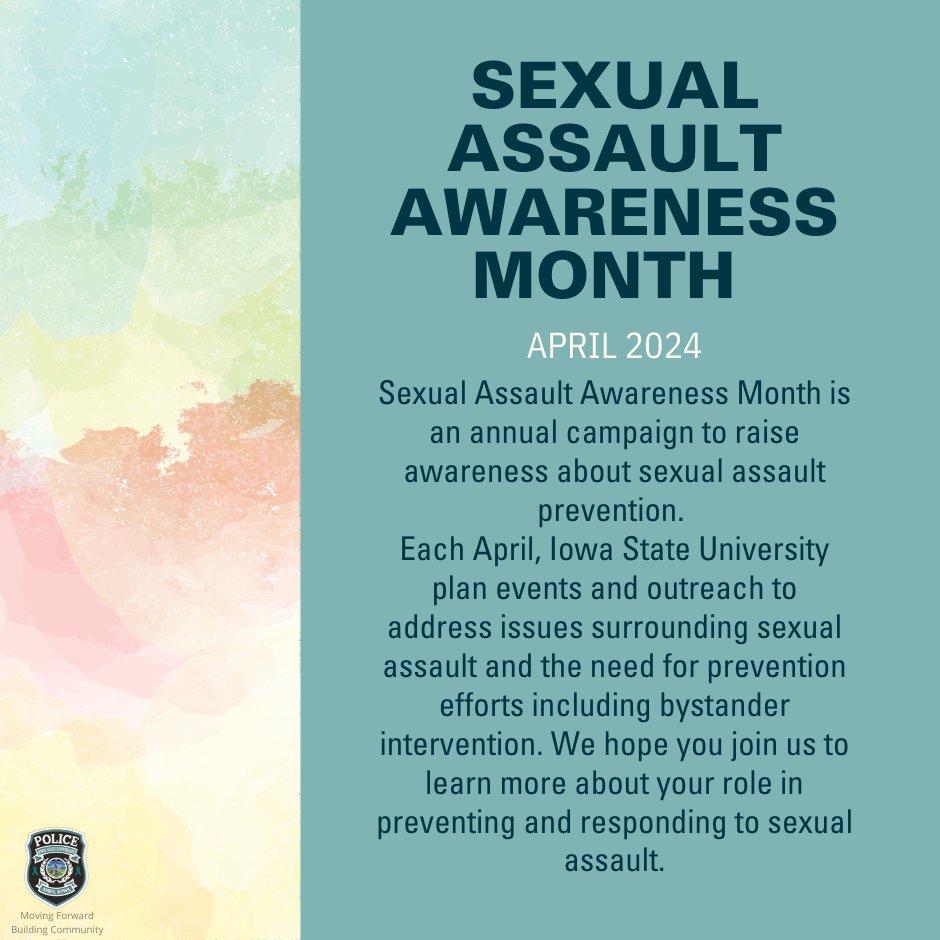Shoppers should protect identity online, police say
December 10, 2011
The Ames Police Department and the ISU Police Division warn consumers rushing online to holiday shop to be careful of becoming victims to identity theft.
“Sadly, identity theft is becoming more common,” said Cmdr. Jim Robinson of Ames Police. “You have to be selective.”
The Bureau of Justice Statistics reported Nov. 30 that an estimated 8.6 million households contain at least one person who has been a victim of identity theft. The bureau reported that identity theft cost U.S. households $13.3 billion in 2010, with each household losing an average of $2,200.
Robinson said online shoppers can do several things to prevent becoming victims of identity theft. He said consumers should first research the websites on which they are shopping.
“Shop with a reputable company,” Robinson said. “Find out if other people have had good luck or if individuals have had poor experiences.”
Lt. Elliot Florer of ISU Police agreed with Robinson and said online shoppers should be wary of even well-known sites because sometimes those websites are hacked and companies’ customers’ information is stolen.
Online shoppers should also only purchase items from secure websites, Robinson said. He explained that secure websites will have special designations, like a prefix of https.
Robinson said he also recommends consumers to be cautious of online classified ads.
“It can be different than shopping through a reputable company,” Robinson said. “Be wary about giving out private information.”
Before purchasing an item online, shoppers should read the company’s return policy and the details about shipping and handling, Robinson said.
“The costs [of shipping and handling] can sometimes be surprising,” Robinson said.
Robinson said online shoppers should pay by credit card because then one can view one’s credit card statement and withhold payment if necessary. Consumer should monitor their credit card and bank statements to catch any unusual charges or withdrawals, Robinson said.
“It’s a good idea to at least once a year to check your credit history,” Robinson said. “Check for activity you’re not aware of.”
Florer said he once experienced a brief brush with identity theft. He said his bank called to notify him that a charge had been made in the Caribbean on the same day Florer had purchased something in Ankeny.
“Most banks watch for suspicious charges,” Florer said.”People realized there was something suspicious going on, so they cancelled the card and then called me.”
If consumers believe that have become victims of identity theft, they should report it to the police as soon as possible, Robinson and Florer said.
“We respond to where that person is and meet face-to-face,” Florer said. “We get as much information as possible about what has happened.”
Tracking down where a consumer’s identity was stolen is often difficult, Florer said. He said a person can lose his or her identity in a multiple number of places.
“Was it on vacation or on a website?” Florer asked. “It’s a matter of determining what happened and how it happened.”
Florer also said there are three types of identity theft: the unauthorized use of a credit card, the unauthorized use of an existing account and the misuse of information to receive a credit card or to open an account.
Florer said there have been ISU students who have been victims of identity theft. However, the most common way this occurs is by people stealing other’s trash and mail, not through online scams.
Students must be careful when throwing away important documents, like credit card applications, Florer said. He said he recommends keeping those documents or shredding them.
Florer also said students have reported having their identities stolen by their roommates, friends and acquaintances.
“We often see crimes of opportunity – you leave your purse open, someone sees the door open and there’s an opportunity,” Florer said. “Make sure the people you are around you can trust.”
If someone becomes a victim of identity theft, all hope is not lost, Florer said. He said some insurance companies offer identity theft protection in which those companies “make phone calls to track down what happened.”
“It’s not an easy road but it can be achieved,” Florer said. “Insurance companies are out there to help you get your life back.”
Florer said ISU Police works hard in its outreach program to educate students about issues commonly faced by college students. He said the major issue the division deals with is alcohol. However, officers do talk to students about protecting their identity.
“It’s not just about identity theft – it’s also about your privacy settings on Facebook,” Florer said. “People have access to information without you even knowing.”
Florer and Robinson both stressed the importance of safeguarding one’s personal information in-person and online. Florer said consumers today live in a technologically driven world and should pay close attention to what they share while using technology.
According to a 2010 Nielsen Global Consumer Report, Americans spent $186 billion in online transactions in 2010. That same year, as mentioned before, Americans lost $13.3 billion to identity theft.
“It’s a lot easier to buy stuff online, but with that convenience comes more risk,” Florer said.
















